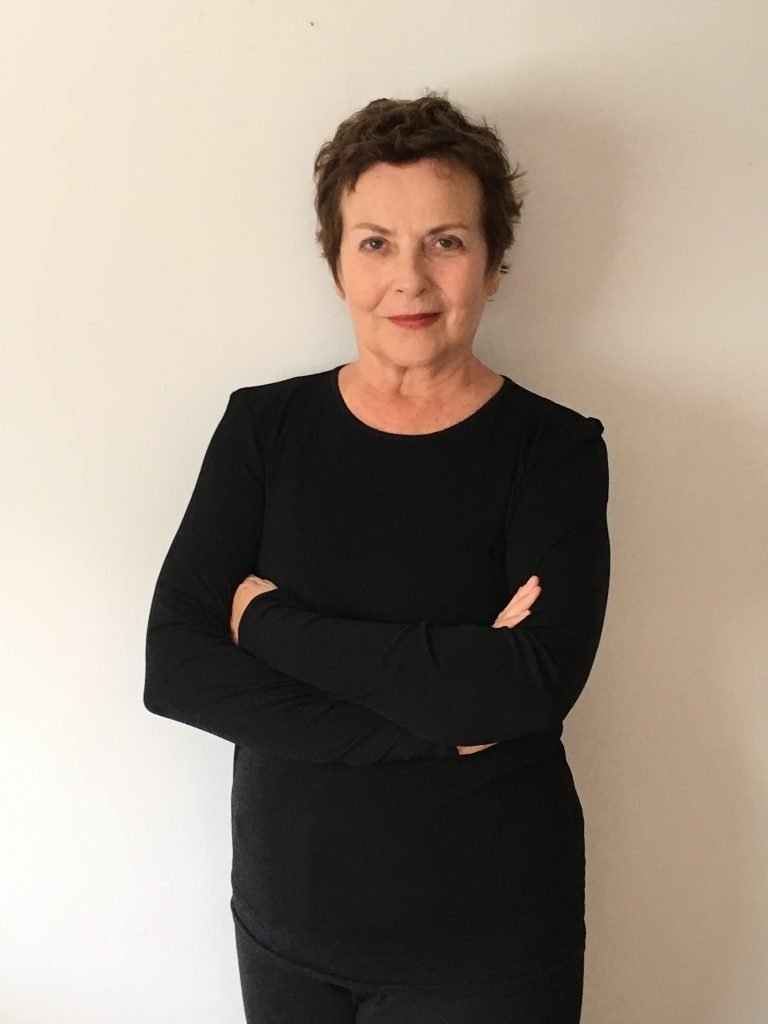According to the Oxford English Dictionary, a friend is “one joined to another in mutual benevolence and intimacy. Not ordinarily applied to lovers or relatives…a boon companion.” It first appears in “Beowolf” in 1018 A.D. as “freondum.” Though the opposite of “fiend,” both words root in the same Germanic word soup for “love” and “hate,” so therefore inextricably intertwined.
Here, two old friends, Teresa Jordan and Judith Freeman, both remarkable and accomplished writers and artists, born and bred in the American West, examine their own enduring relationship through the lens of Judith’s latest novel, the incisive, insightful, at times ruthless “MacArthur Park.” The novel’s core finds two older women, both accomplished writers and artists, born and bred in the American West, attempting to re-kindle their lifelong friendship after intimate convolutions blew them apart. Spoiler alert: marrying the same man may become a problem. No, not Teresa and Judith; her characters Verna and Jolene as they road trip across the West towards some notion of their shared childhood. What destroys friendships? Can good intentions alone heal those implosive moments of toxic intimacy almost inevitable in friendships? Who here has not lost a friend?
In addition, both this conversation and “McArthur Park” delve into concepts of “home” and “nostalgia,” especially as they pertain to the American West. Teresa found this quote from Paul Gruchow that informs this conversation:
“It is the fashion just now to disparage nostalgia. Nostalgia, we believe, is a cheap emotion. But we forget what it means. In its Greek roots it means, literally, the return to home. It came into currency
as a medical word in nineteenth-century Germany to describe the failure to thrive of the displaced persons, including my own ancestors, who had crowded into that country from the east. Nostalgia is the clinical term for homesickness, for the desire to be rooted in a place -- to know clearly, that is, what time it is. This desire need not imply the impulse to turn back the clock, which of course we cannot do. It recognizes, rather, the truth -- if home is a place in time -- that we cannot know where we are now unless we can remember where we have come from.”
Paul Gruchow, “Grass Roots: The Universe of Home,” Milkweed Editions,
1995.
SHOW NOTES:
Please spend some time on both their websites to appreciate the depth and quality of their respective creativity.
Discussed in the Podcast:
Valeria Luiselli: “Lost Children Archive”
A special shout-out for her novel “Red Water” where Judith imagines John D. Lee's extraordinary frontier life and his disturbing, still controversial role in the Mountain Meadows Massacre through the eyes of three of his nineteen wives. Emma is a vigorous and capable Englishwoman who loves Lee unconditionally. Ann, a bride at thirteen, is an independent adventurer. Rachel, though she married Lee to be with his first wife, her sister Agatha Woolsey, is also utterly devoted to him.
In addition to all the writing, painting, sketching and storytelling you can find on her website, Teresa just returned from a residency at the Mesa Refuge in California, having been awarded their Marion Weber Healing Arts Fellowship to evolve her pandemic project of drawing or painting a bird every day for a year into a book. During the pandemic, she also started training as a hospital chaplain, and her short video Birds of Praise finds connection between meditation, painting, conservation and our connections to each other during a time of crisis. Here’s a link for Birds of Praise: https://youtu.be/rdYsLSB3S3k
